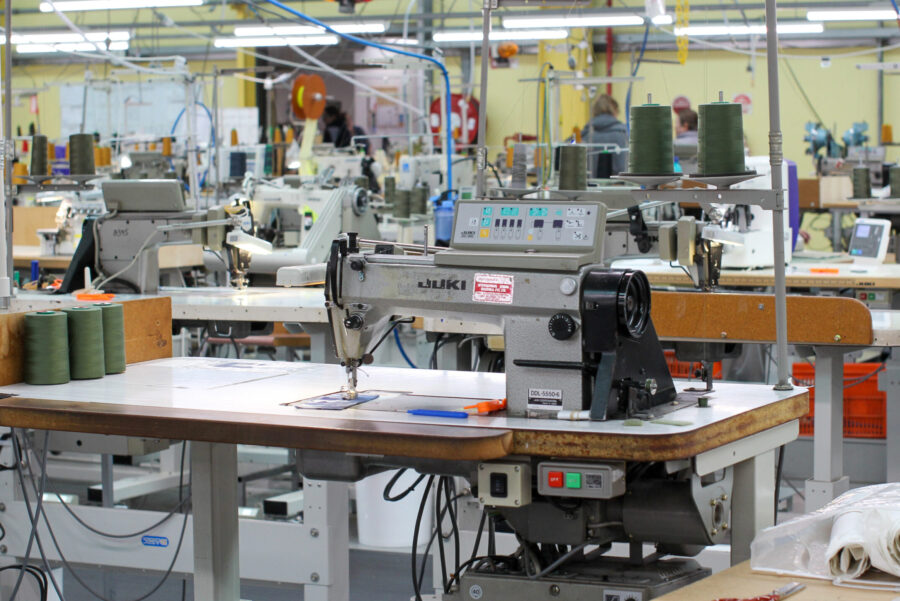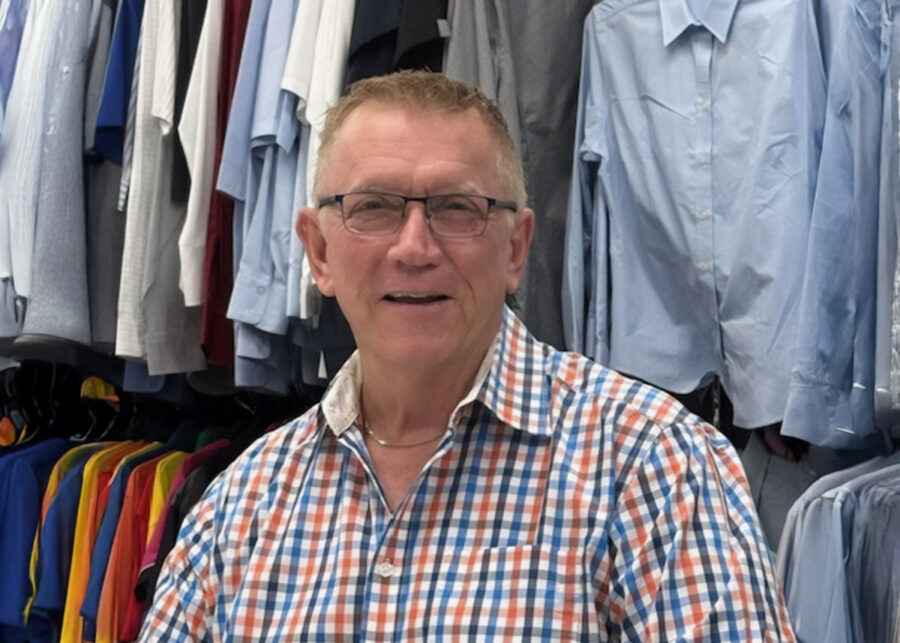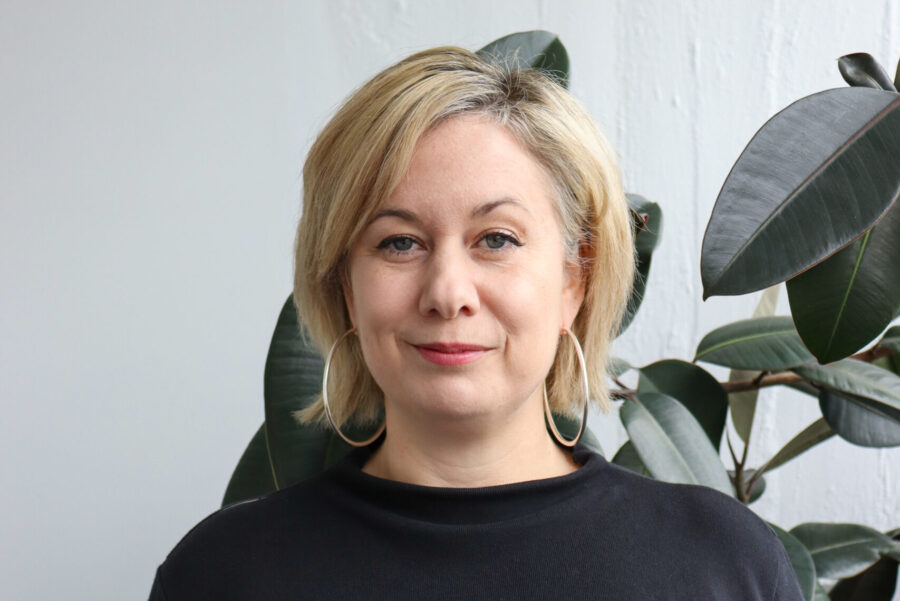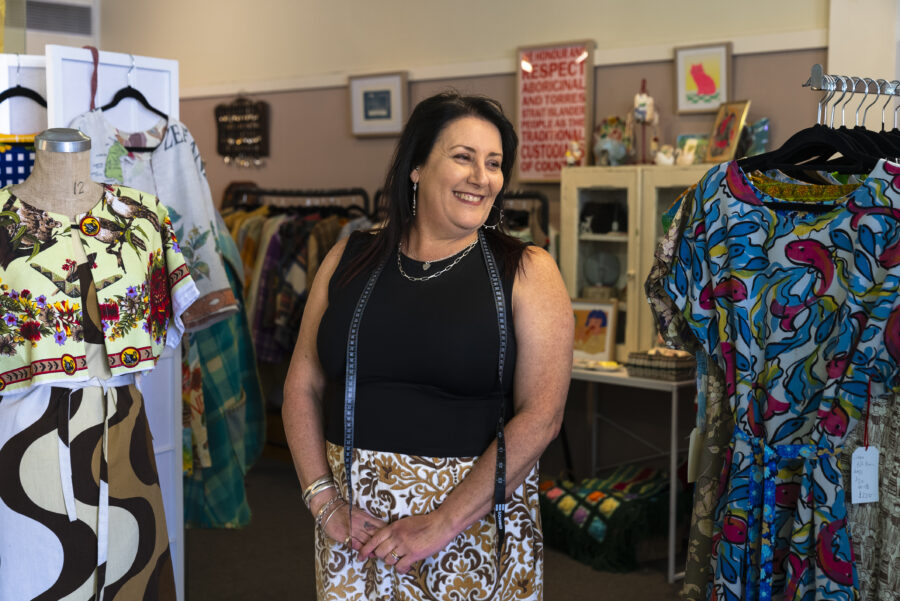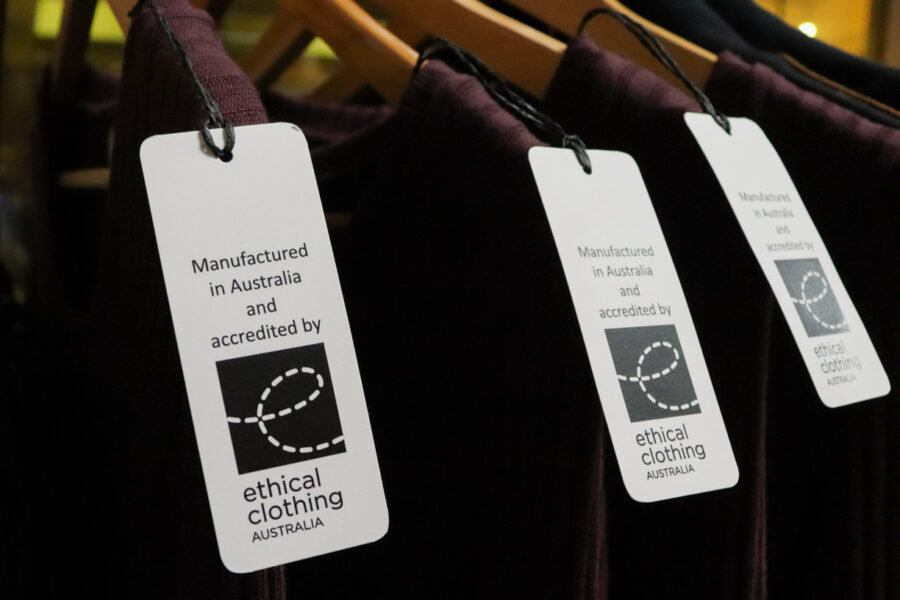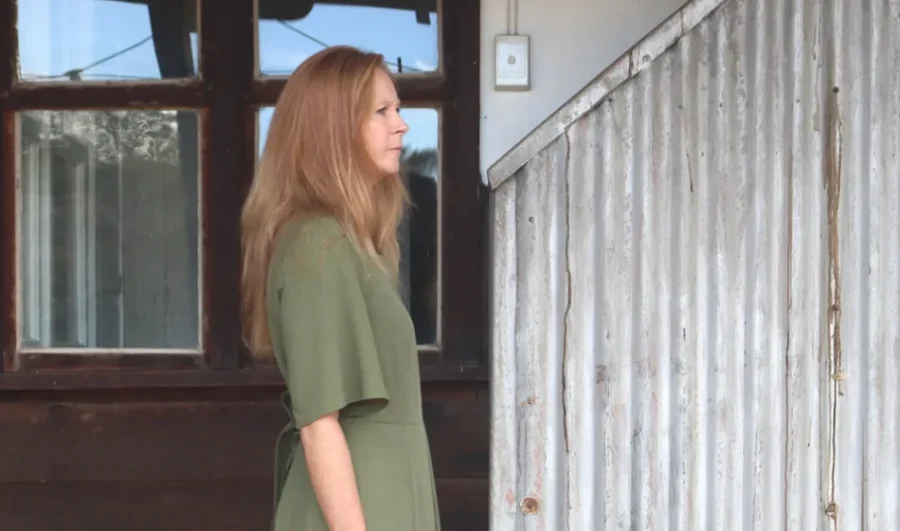A Q&A with Julian from ABMT Apparel
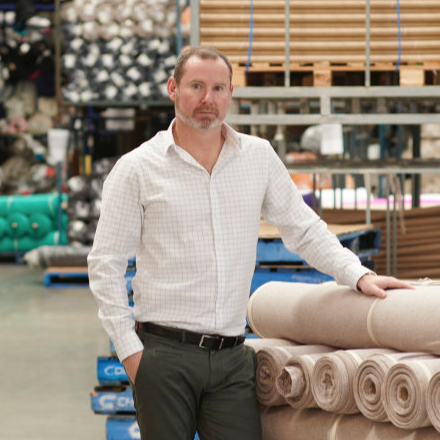
Julian from ABMT Apparel shares insights into a typical day, the dynamic nature of his role, and how ABMT supports local brands with innovation and ethical manufacturing.
Hi Julian! Tell us a bit about yourself.
I’m the Group Commercial Manager for the ABMT Group. I oversee our Global Sales & Marketing activities, Customer Support, Strategic Partnerships, and Local Apparel Manufacturing. I’m predominantly based at our Textile Mill site in Melton but often found in our manufacturing sites across Melbourne or spending time with our customers across Australia, Asia, the EU, and the USA.
Tell us about ABMT Apparel?
ABMT Apparel is the vertical, private label garment manufacturing arm of the ABMT Group. ABMT Apparel operates out of two sewing facilities in Melbourne, supported by local screen printers, patternmakers, laundries, and embroiderers.
Unlike many CMT (cut, make, trim) houses, ABMT Apparel offer a one-stop shop, from locally produced fabrics, trims, design/development, patternmaking, tech pack development, CMT, and Press/Pack. This is all managed by a dedicated Melbourne based team. We also have other manufacturing supported by a broader national team, again all reinforced by ABMT’s core values in relation to sustainability and ethical work practices.
Our local customer base is broad and varied; we provide fashion fabrics and local cut-and-sew services for major retail brands, varied cut-and-sew products for smaller to mid-sized emerging brands, and large-scale contract uniform suppliers such as Workwear Group and Stewart & Heaton.

What does a typical work day involve for you?
Early morning usually starts with a call to the team in the US whilst walking the dog. Followed by the hustle of getting two young boys to school.
Our office day starts with a teams catchup with our local production sites together with the production, planning, and QA team.
I generally am in a textile production meeting a couple of times a week and then work with our operations and innovation teams as we bring new products into local manufacturing.
The rest of the day is spent between our Textile & Apparel Operations Managers, a trip to the production lines, customer meetings, and development updates.
I try to get in front of as many customers as possible. Our amazing accounts managers become one of their team, supporting brands and retailers with all their fabric, design, and product development needs.
It’s important for [our workers] to be recognised and rewarded for the work they do and for it to happen in a safe, friendly environment.
- Julian Collins, Group Commercial Manager at ABMT Apparel
What led you to work in the textile, clothing and fashion industry in the first place?
After finishing uni I was looking for a cushy job before heading off travelling. A neighbour who worked in the industry helped me out with a short-term job in the wholesale fabrics department at another Melbourne based mill. I managed to get some travelling in but never left textiles. After several years at that mill in various roles, I moved to a large textile wholesaler where my role moved into product development and sales/business management roles. This then led me to ABMT, where I am today.
Whilst I’m by no means a “fashion fluffy”, I do appreciate good product and I have always loved working with passionate people with cool product. I’m still waiting for it to be “cushy…”
Why is it important to your business to manufacture locally and ethically?
We have a very skilled and dedicated workforce who take pride in what they do, ranging from textile machine operators, dyers, designers, sewing machinists, and knitters. It’s important for these people to be recognised and rewarded for the work they do and for it to happen in a safe, friendly environment. We need to maintain a smart, innovative, and efficient local textile and apparel manufacturing sector.

What is a challenge you’ve faced in your business and how did you overcome it?
Pricing for locally made is always a challenge. We are always looking for ways to streamline the process, automate, and make product more efficiently. Pathfinder cutters and auto plotters allow us to minimise fabric waste and maximise yield efficiency. We also have an extensive solar and water treatment plant onsite in Melton to keep our textile manufacturing costs as low as possible. We are also implementing AI throughout many of the admin and reporting functions.
What is a milestone or achievement that you’re particularly proud of?
Enabling scaled, modern, local vertical production of apparel has been one of our greatest achievements here in Melbourne.
As far as products go, a heritage collection piece we produced for a major Australian retailer during the challenges of COVID was both challenging and rewarding. It was a top-selling item for months, despite the higher price point. It was a true testament to our team and a great reflection of our company motto, Trusted Creative Partnerships.
[Ethical Clothing Australia accreditation] gives recognition to the great work our team does to look after our people.
- Julian Collins, Group Commercial Manager at ABMT Apparel
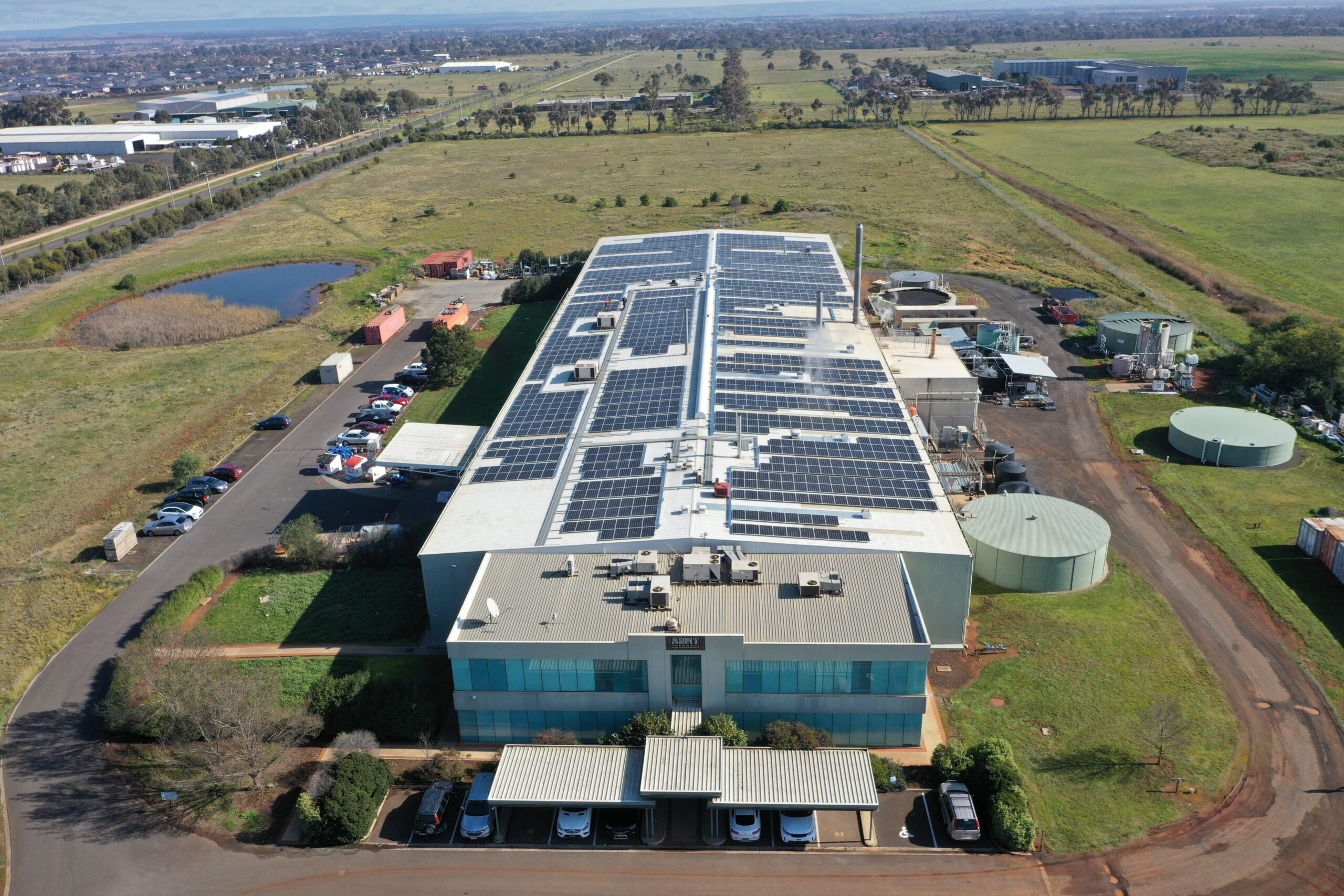
ABMT Apparel has been accredited since 2020. Congratulations! What does being accredited with Ethical Clothing Australia mean to you?
It’s highly important to our business as we directly and indirectly produce a lot of government product and supply a lot of publicly listed businesses who require Ethical Clothing Australia as a compliance reassurance. It gives recognition to the great work our team does to look after our people.
Learn more about ABMT Apparel here and see their manufacturer listing in the our directory.
Related articles
Explore more insights, updates and stories from across Australia’s ethical and local manufacturing industry.

